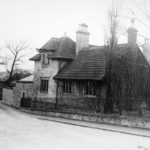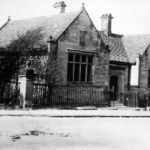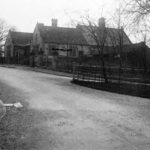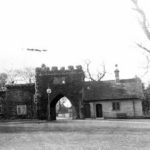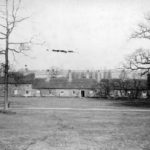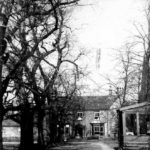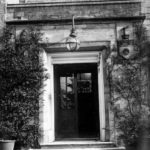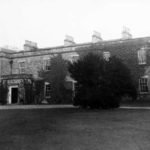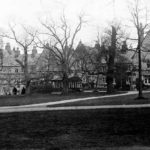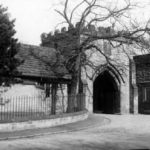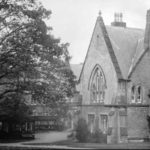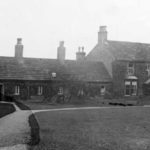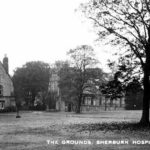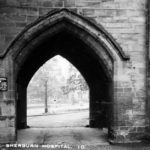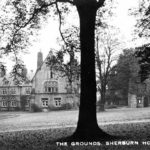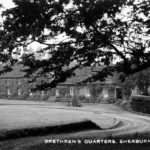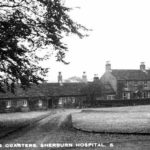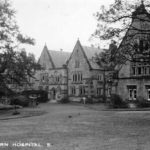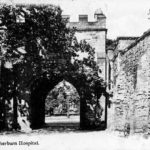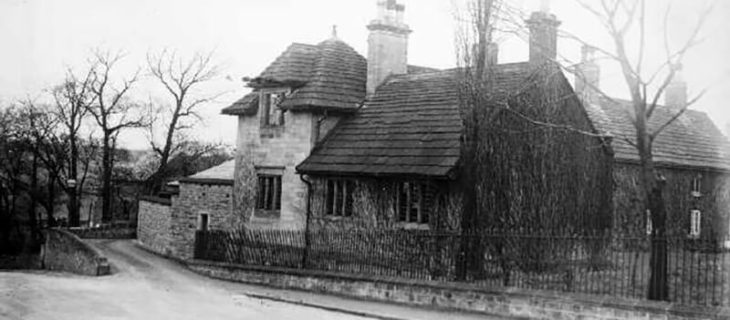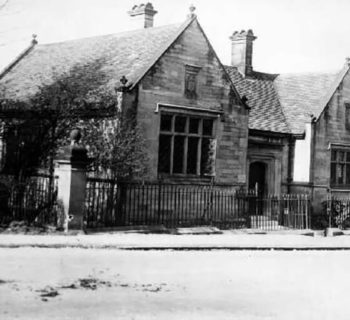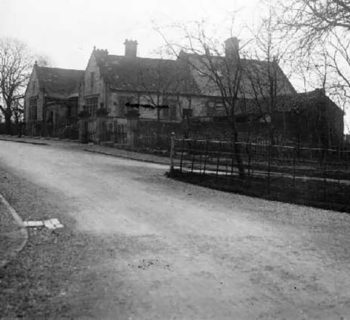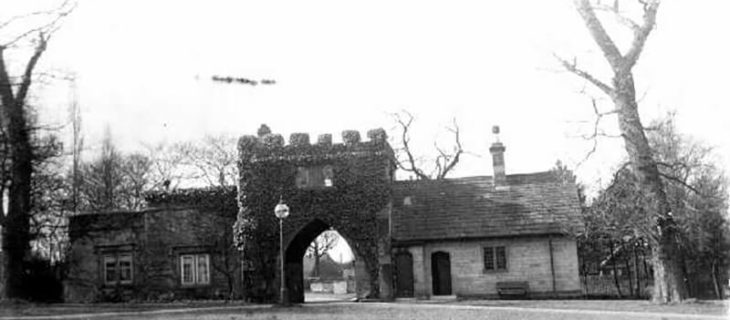Our History
Who are Sherburn House Charity?
Sherburn House Charity was founded by Bishop of Durham Hugh Pudsey (Hugh le Puiset) as ‘Christ’s Hospital in Sherburn’ around 1181. Its original purpose was as a leper hospital for ‘up to 65 leprous monks and nuns’.
During the early years, the Charity was endowed with land including Sherburn, Garmondsway Moor, Ebchester, Whitton, Raceby and Sheraton and also became very wealthy due to coal mining on its estates.
Today, the site consists of various 19C buildings; Beddell House, a residential care home for up to 55 older people, Ramsey House, the old “Master’s” House which is now the administration block, the Chapel, largely rebuilt after a fire in 1866, (apart from the south wall of the nave), and 18 Sheltered/Social Housing and 6 properties and 6 private rental properties.
Today, the Charity’s mission is to provide “Relief in Need” through the provision of care, housing and small grants to individuals living in the beneficial area, (between the Tweed and the Tees, or more generally defined as, The North East of England).
The Charity’s core functions are provided on site though they also own agricultural land, some of which is tenanted in the surrounding area.
In September 2017, the trustees invested in a multi-million pound refurbishment to modernise the buildings and improve the living conditions for residents. Beddell House Care Home underwent a six phased refurbishment which completed in 2020, and Ferens and Thornley House renovations were completed in 2021.
Sherburn House Charity became a charitable company limited by guarantee in 2021 and continues to improve its services provided within its extensive grounds. Although the site is situated in a secluded conservation area, we are perfectly sited for access to the A181 just 2 miles South of Durham, there is a half hourly bus service to and from Durham City and several supermarkets and shops located nearby. The charity takes pride in it meticulously maintained grounds offering a peaceful location views that out residents can enjoy no matter what season it is.

